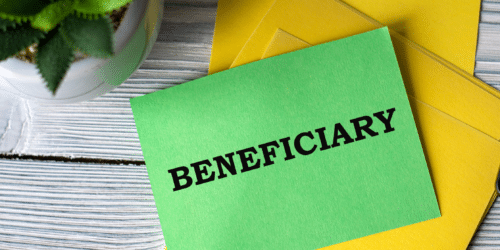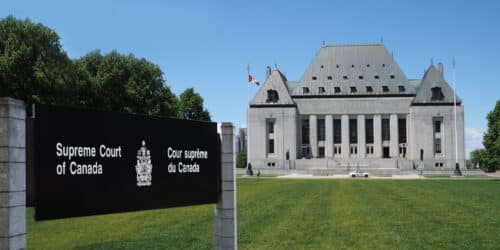Private loans, or loans between individuals are a common alternative to financing through a commercial lending company or bank. However, sometimes, the terms of private loans are significantly higher than those from commercial lenders. Debtors who find themselves defaulting on the terms of repayment and facing court action, or lenders considering a court proceeding should assess wither the terms of the loan are harsh and unconscionable.
Pursuant to Ontario’s Unconscionable Transactions Relief Act, R.S.O. 1990, c. U. (the “Act”), courts in Ontario have jurisdiction to find that the cost of a loan is excessive, and therefore, that the loan transaction itself is harsh and unconscionable. Recently, the Ontario Superior Court outlined the requirements for a loan to be considered unconscionable. In McPherson v Napior, 2017 ONSC 5934 (McPherson), the Court addressed what is required under section 2 of the Act, in order to grant relief for an unconscionable loan. The Court cited several cases, including Ekstein v Jones, (2005), 34 R.P.R. (4th) 280 (Ont. S.C.), and Murray v TDL Group Ltd. [2002] O.T.C. 1024 (S.C.), and stated at para. 9:
To establish that the loan is excessive:
- The debtor must show that the cost constitutes a criminal rate of interest; or
- The debtor must show that the cost of the loan is excessive having regard to the risk and all of the circumstances.
To establish that the transaction is harsh and unconscionable:
- The debtor must show that either the terms are very unfair or that the consideration is grossly inadequate; or
- The debtor must show that there was an inequality of bargaining power between the parties and that one of the parties took advantage of this.
Ultimately, a debtor seeking to have a loan transaction deemed harsh and unconscionable must provide evidence establishing that the factors above have been met. Once established, the Court has broad discretion in applying available remedies under section 2 of the Act. If a loan is found to be unconscionable, the Court may:
- Reopen the transaction and take an account between the creditor and debtor;
- Despite any statement, settlement or agreement, the Court may open any account and relieve the debtor from payment of any sum in excess of the sum adjudged by the court to be fairly due in respect of the principal and the cost of the loan;
- Order the creditor to repay any such excess; or
- Set aside either wholly or in part, or revise or alter any security given, and if the creditor has parted with the security, order the creditor to indemnify the debtor.
Importantly, even loans between private individuals may be subject to court intervention if the loan transaction is harsh and unconscionable. It is often prudent for the parties to a private loan agreement to obtain legal advice in advance of the transaction to ensure that the transaction will withstand scrutiny.
Shauna Cant is a member of the Commercial Litigation team. She can be reached at 613-369-0359 or at shauna.cant@mannlawyers.com.







